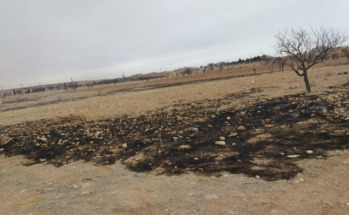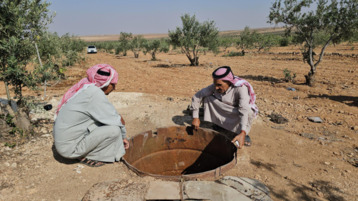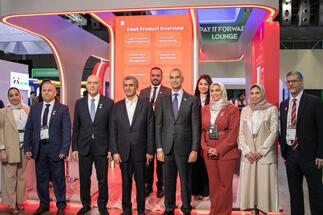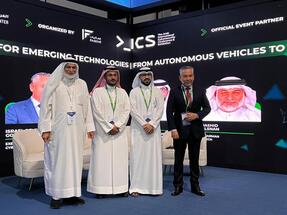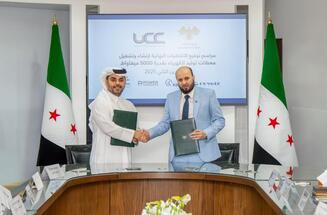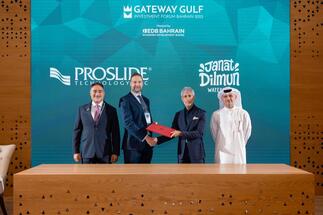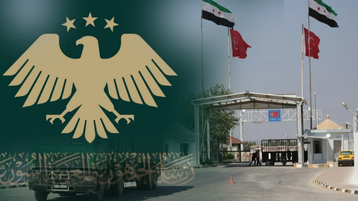-
Iran: Training centers for terrorism and fundamentalism set on fire
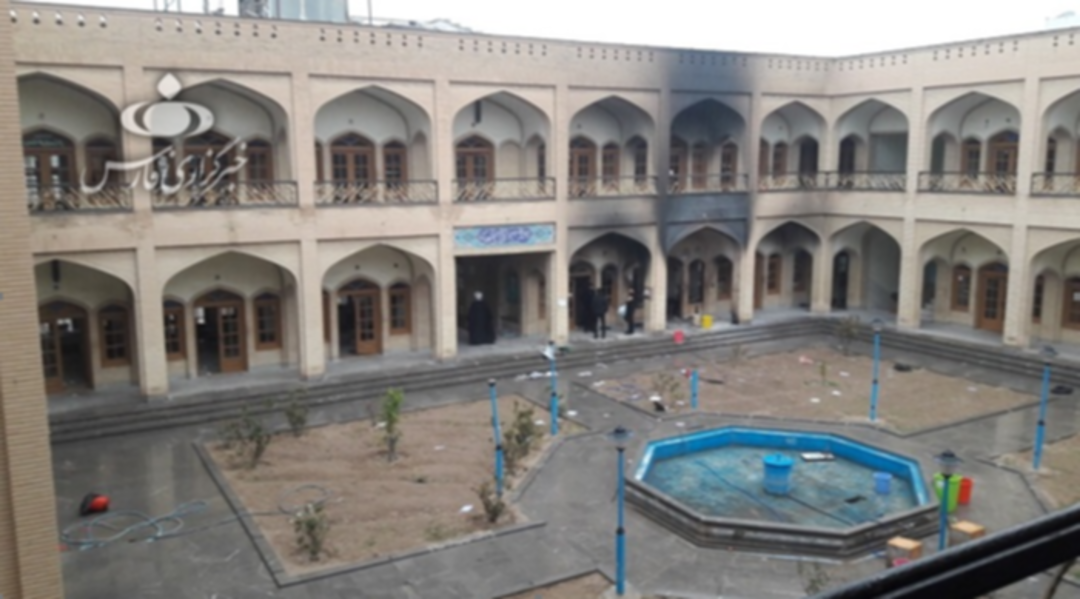
By: Hassan.Mahmoudi
The seminary (Hozeye Elmieh) is a name given to religious education and research centers in the Islamic world, and especially among the Shiites. The first Shia the seminary was established in Najaf, Iraq, in the 11th century AD.
But since the 1979 Islamic regime came to power in Iran, the agenda and mandate of religious seminaries in Iran have changed completely. They transformed into centers for spy training and fundamentalist missionaries dispatched to various cities inside Iran as well as outside Iran. Countries such as Iraq, Afghanistan, Palestine, Lebanon and other parts of the world, such as South America and Africa. The purpose of picking candidates from these countries and bringing them into these seminaries within Iran is to train them on organized terrorism and fundamentalist views. In these seminaries, they brainwash the students (Talabeh) to induce their ideology. These centers also asses the needs of sleeping terrorist cells outside of Iran and provide resources for them. Other goals of these
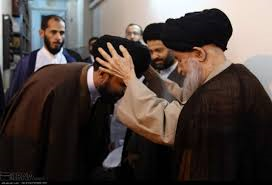 Khamenei praises the graduated students
Khamenei praises the graduated studentsseminaries are to educate regime leaders and religious judges to advance the judicial goals of the regime and to legitimize behaviors such as stoning and amputation and justifying their violation of human rights under the name of Islam.
The funding of these seminaries is provided by one of the institutions of the Supreme Leader.
During the extensive protests sparked by gas prices hike, which began on the 15th of November, the protesters demonstrated their disgust with these seminaries by attacking them. An example is the attack of protesters on Kazeroon’s Seminary. A member of the Kazeroon’s seminary described the attack as:
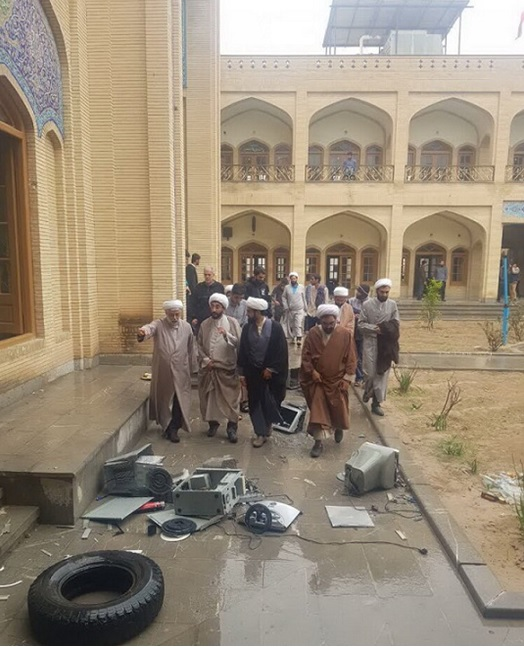 The day after the attack the clergies visited the seminaries
The day after the attack the clergies visited the seminariesOn Saturday morning, November 16th, the city of Kazeoon was disordered and protesters were heard from afar. For us in seminary, the news was distressing and disturbing. By evening, the protesters' attacks and the damage to government facilities and property intensified.
The seminary has two courtyards. When the protesters invaded the first courtyard, a group of students rushed into the second courtyard and blocked the door so that the protesters could not enter. But the problem was that except for the front yard, the rest were wooden doors, and the protesters broke all the doors and entered.
They had all kinds of amenities. So much damage was done, often in the form of fires; protesters burned 3 cars, 6 motorcycles, a security room, a computer room, a deputy's room, a library study hall and several rooms upstairs.
When they reached the door tried to get in with no success, they then set fire to the side room to pressure the students.
The clash lasted about an hour and a half and the students were locked up in the rooms. The protesters were beating anyone with a cold weapon in their hands. The protesters did not say anything at first, but as their numbers grew; they began to chant anti-clerical slogans and kept calling on the manager of the seminary. They also knew the name of the manager. The conflict ended without anyone being killed, and the day after the accident we returned to the site and began clearing the site of demolition and fire, but it would take a long time to rebuild. The morale of some students, especially new entrants, was not good. For this reason, we asked the seminary’s administration to suspend classes until the beginning of next week, so that students could go to their cities.
Tags
You May Also Like
Popular Posts
Caricature
opinion
Report
ads
Newsletter
Subscribe to our mailing list to get the new updates!

